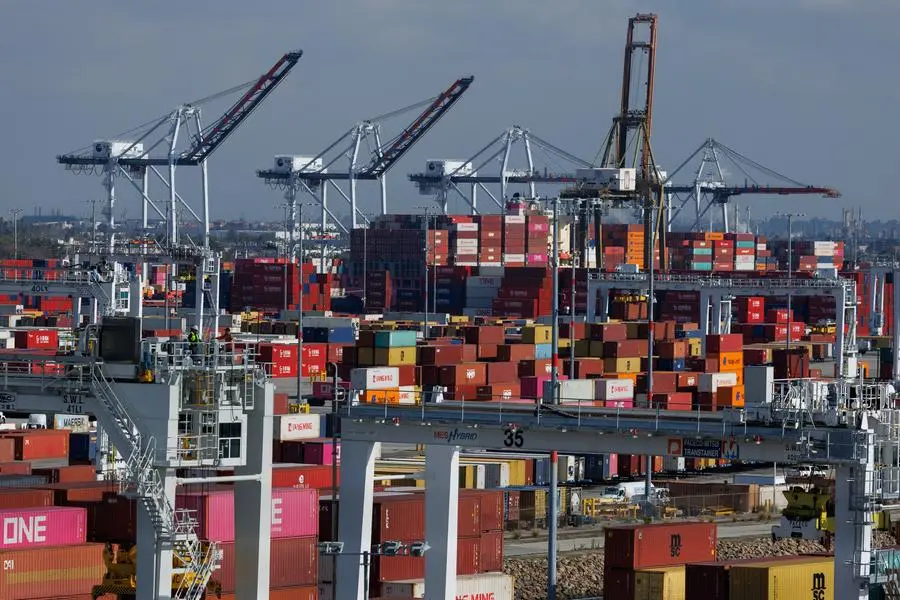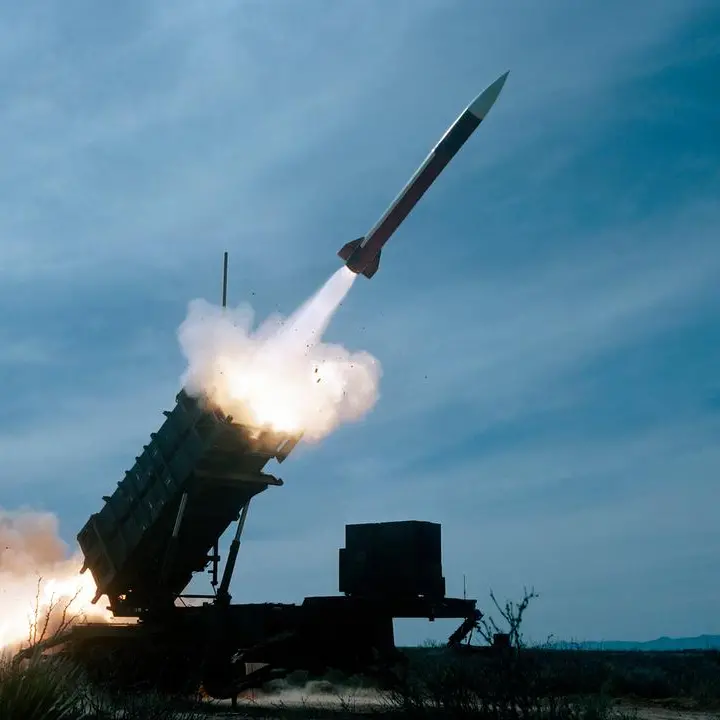PHOTO
New orders for key U.S.-manufactured capital goods unexpectedly fell in February and could remain sluggish as economic uncertainty rises because of tariffs, discouraging businesses from boosting spending on equipment.
Non-defense capital goods orders excluding aircraft, a closely watched proxy for business spending plans, dropped 0.3% last month after an upwardly revised 0.9% surge in January, the Commerce Department's Census Bureau said on Wednesday.
Economists polled by Reuters had forecast these so-called core capital goods orders gaining 0.2% after a previously reported 0.8% jump in January. Businesses eager to avoid higher prices because of tariffs likely front-loaded orders in January.
President Donald Trump has announced a raft of levies on imports. Some of the duties have been delayed until April. Economists have warned that the nature in which the tariffs are being handled was not supportive of economic activity.
Business sentiment and consumer confidence have deteriorated in recent months.
Trump on Monday indicated that not all of his threatened duties would be imposed on April 2 and some countries may get breaks, but at the same time said tariffs on imported automobiles were coming soon.
Shipments of core capital goods rebounded 0.9% after falling 0.2% in January. Non-defense capital goods orders declined 1.5% after accelerating 12.8% in January. Shipments of these goods rose 0.5% after vaulting 3.2% in the prior month.
Core and non-defense capital goods shipments go into the calculation of the business spending on equipment component in the gross domestic product report.
Business investment in equipment contracted in the fourth quarter, partially offsetting robust consumer spending.
Growth estimates for the January-March quarter are mostly below a 1.5% annualized rate and the odds of a contraction are high. The economy grew at a 2.3% pace in the fourth quarter.
(Reporting by Lucia Mutikani; Editing by Chizu Nomiyama)





















